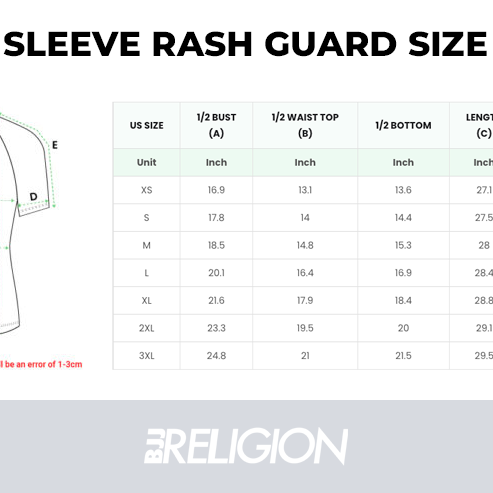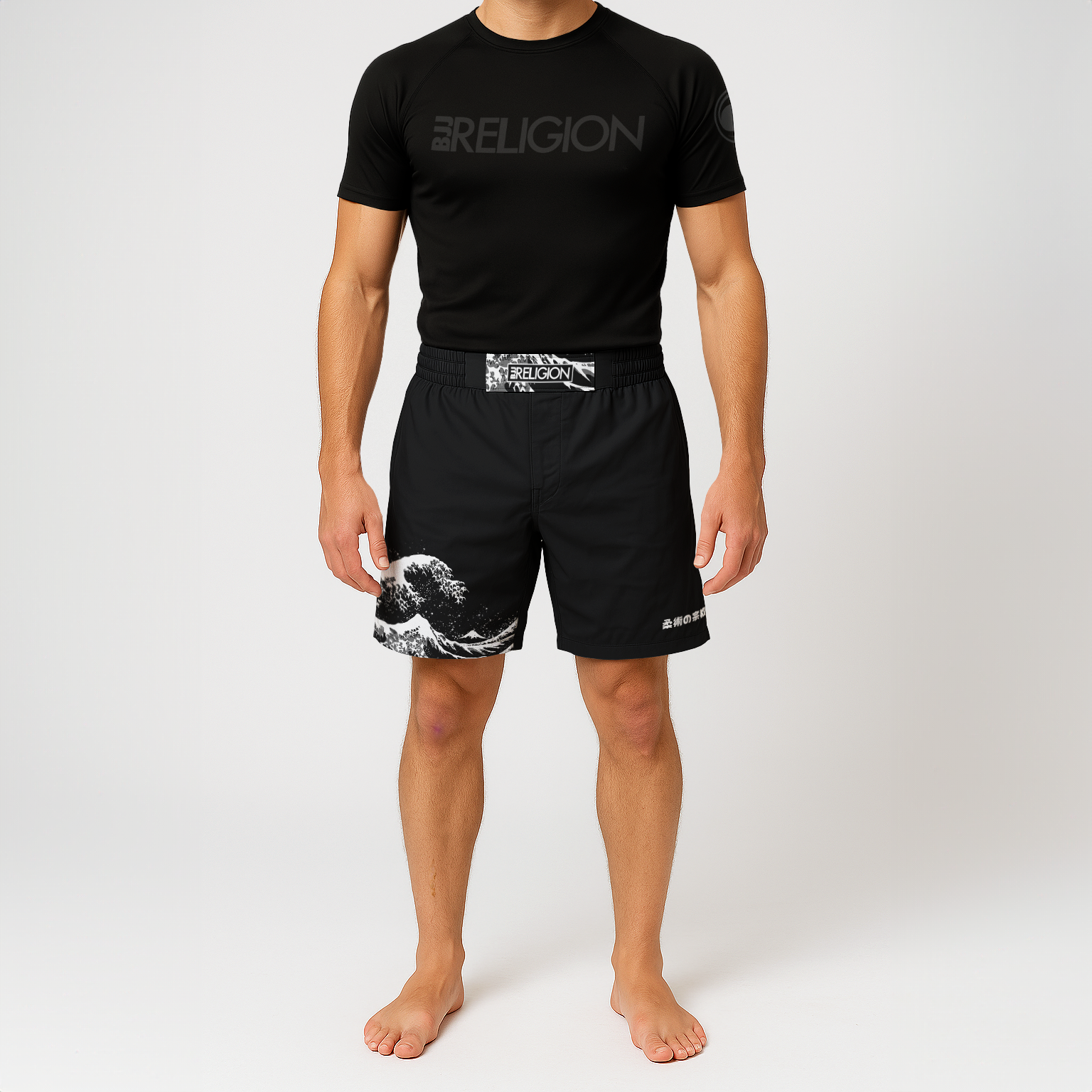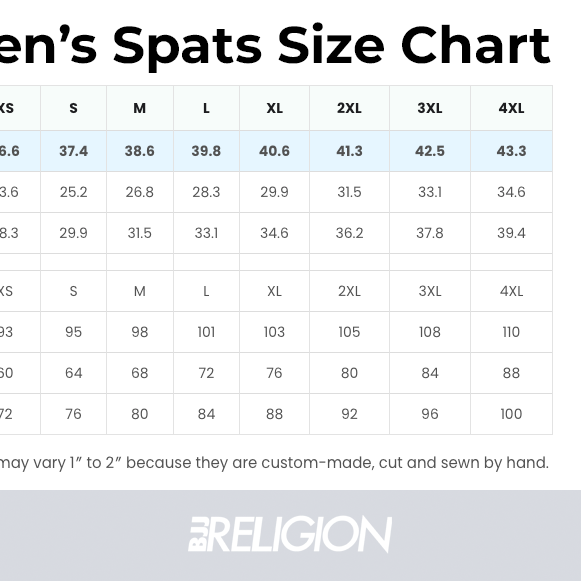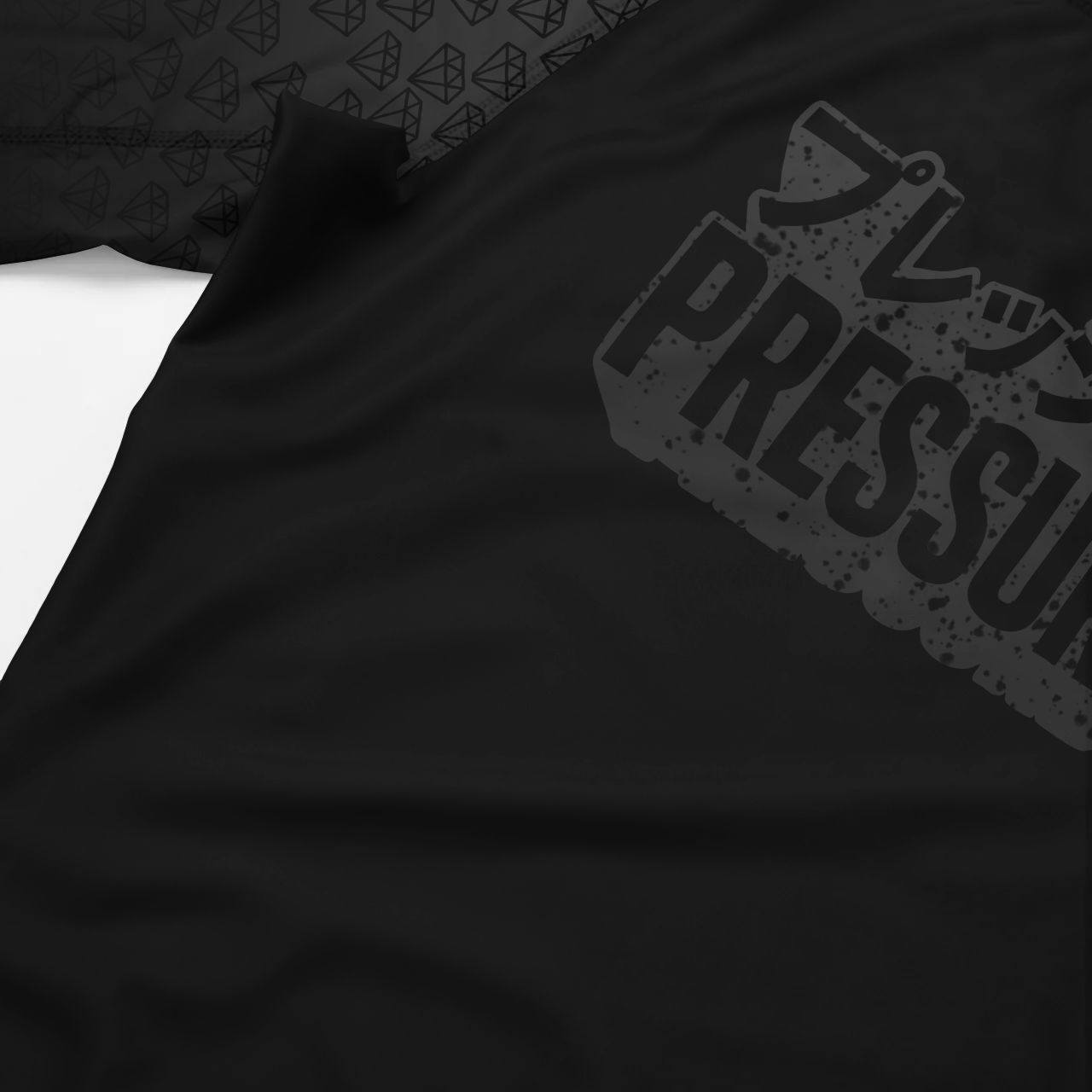How to Set SMART Goals For BJJ

Effective goal setting is a must when it comes to improving at anything. Nevertheless, setting goals in BJJ can be challenging or downright demoralizing if your goal setting process is not effective.
On the other hand, if you use proper goal setting techniques and strategies in Brazilian Jiu Jitsu, you can see you ‘skill-return-on-mat-time’ (a mouthful, I know) significantly upgraded.
Setting great BJJ goals and sticking to them will help you progress more with the mat time you have available.
This article breaks down everything you need to know about setting SMART goals for BJJ to maximize your development as a grappler.
Let’s do this!
What is a SMART goal?
Although the term goal setting is often used informally to refer to any want or desire, there is an actual method when it comes to separating “good goals” from “bad goals.”
‘SMART Goal Setting’ is the term of art used by many professional coaches to categorize the effectiveness of a given goal.
The acronym stands for “Specific, Measurable, Attainable, Realistic, and Timely/Time oriented.”
Let’s do an example relevant to BJJ in each of these categories.
Specific
For “specific,” consider the following two goals:
- Get better at Jiu Jitsu
- Attend 3 BJJ classes per week this year with 2 weeks off.
Which goal is more specific?
Of course, number two.
Note that attending 3 classes per week is something you have direct control over, while “getting better at BJJ” is a nebulous concept that is somewhat meaningless in of itself.
If you attend three classes per week, you will get better at BJJ.
However, if you just “want to get better at BJJ,” you may or may not actually be going to train, and you will certainly have days where you appear to be getting worse at BJJ – it is simply not a reliable metric.
Measurable
Although you know it when you see it (or feel it), BJJ skill is difficult to actually measure.
Unlike something such as losing weight or lifting more weight, quantifying BJJ improvement is tough.
The best bet falls back to our first example.
Training 3 days per week is a measurable goal in of itself because you can count your class time (down to the minute if you’re crazy about it).
For the goal to truly be effective, you need to have some means of quantifying whether you are hitting it or not.
Attainable
Ensuring your goal is attainable is the next SMART goal step.
This is somewhat more subjective because certain people may be able to achieve ‘more’ in a given time frame.
However, if you are a middleweight 2 stripe white belt and your goal is to be a heavyweight black belt in 2 years, this is not an attainable goal.
The goal must be attainable by the laws of physics and biology, as well as attainable given your tools and background.
Realistic
The ‘R’ in SMART stands for realistic.
While similar to ‘attainable,’ a ‘realistic’ goal depends very much on your own personal schedule and abilities.
For example, training three days per week is specific, measurable, and attainable by the laws of physics, but if you are working full time and juggling kids, it may not be realistic for you.
Perhaps one open mat on the weekends is more realistic goal for you at this point in your life… and that’s okay!
Setting a goal that is realistic will give the satisfaction of completing a goal and will still help you progress in BJJ.
If you literally cannot train three days per week right now, then setting a 3 day per week training plan is not a SMART goal.
Timely/Time Bound
The final component of SMART goal setting is making sure your goals have some time limit.
For example, training three days per week this calendar year has a time limit on a weekly basis as well as an annual time limit at which point you can reassess.
Planning to train 3 days per week indefinitely is less effective because it does not account for life changes, potential BJJ competitions, etc.
Overall, SMART goal setting is a good framework for developing goals that make the most sense for you personally, and ensure you get the satisfaction of reaching them.
Do you actually have control over your goals?
We all know that ‘life happens’ and that you cannot control everything even if it seems possible in the beginning.
With this in mind, its best to set BJJ goals that do not depend on a ton of external forces.
For example, if your goal is to ‘win XYZ tournament,’ you only have control over the training you do leading up to the competition.
You cannot control the skill or drive of your opponents.
You cannot fully control whether you feel ‘off’ or ‘on’ come competition day.
You cannot control the referee if they make a questionable call against you.
The point is, you can train hard, focus, research your opponents, eat right, and it can still go south come competition day.
The good news is you have control over those other factors.
If competition victory is what you desire, build your goals around what you need to do to increase your chances of winning.
For example:
- I will train 5 times per week in the three months leading up to competition
- I will eat 3 servings of vegetables per day
- I will drill the defense to my opponent’s A-game submissions 3x per week
- I will do strength training twice per week
- I will not drink alcohol when recovering from training
Of course, you can do all the above and still lose, or skip out on several of these bullets and still win.
The point is, you only have control over those factors, and you cannot ultimately control the outcome of a tournament.
Another great example would be aiming for a belt promotion by a certain date.
You could get injured and must take time off, your coach might want to see more growth before promoting you, or you may just not be ready for that next belt!
If getting belted is still your goal, focus on the process that will make it happen showing up to class and training with purpose as often as you can.
SMART Goal Examples in BJJ
So far, we’ve looked at training volume goals (3 classes per week), and competition prep goals.
But are there more options for great goal setting in BJJ.
While we can’t flush out every last option, here are some additional example goals in BJJ that fit into the good goal category, some of which are mutually exclusive:
- I won’t attempt to pass guard during rolling so I can focus on leg locks
- I won’t attempt leg locks so I can focus on passing
- I will let my partner of lesser skill mount me once per roll to dial in my escapes
- I will watch 1 jiu jitsu instructional per week in addition to class and attempt the move
- I will not pull guard
Although some of these are a bit cheeky, you can see how they are each small components that fit into the broader ‘non-SMART’ goal of getting better at BJJ relative to your current skillset.
However, they are far more bite-sized and manageable, allowing you to attack them with vigor and experience the satisfaction of checking goals off your proverbial list.
Goal setting in BJJ: the bottom line
Regardless of which goals you pursue in BJJ, you should be enjoying yourself.
Assuming you are not a professional competitor or coach, virtually every goal in BJJ is more personal development and less professional development.
With that in mind, do not stress yourself out so much about dialing in every last goal.
You should be utilizing SMART goal setting when planning out your goals.
However, sometimes, you just gotta show up, get some rolls in, and have fun.



































































































